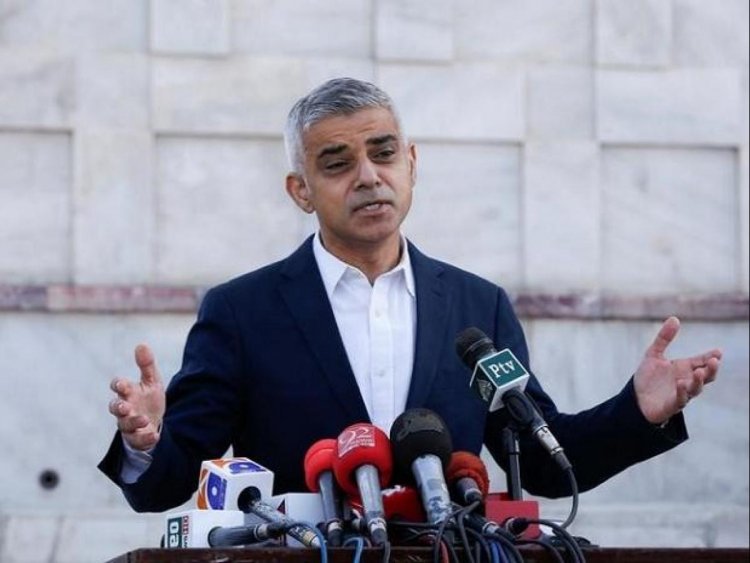London Mayor sets tough emissions fines for large polluting vehicles

London: The Mayor of London, Sadiq Khan, has tightened the city-wide Low Emission Zone (LEZ) rules, which means that heavy goods vehicles (HGVs), buses and coaches that fail to meet emissions standards will be hit with a daily charge of up to 300 pounds.
The new standards, Euro VI (NOx and PM), apply to heavy vehicles across most of Greater London and match the emission standards of the central London Ultra Low Emission Zone (ULEZ).
The LEZ, which operates 24 hours a day and every day of the year from this week, was set up to encourage the most polluting heavy diesel vehicles driving in the?UK capital to become cleaner.
Toxic air pollution causes long-lasting harm and is a national public health crisis. In London, it contributes to thousands of premature deaths every year. There is also evidence linking air pollution with an increased vulnerability to the most severe impacts of COVID-19, said Khan.
I've moved fast in London to implement the most ambitious plans to tackle air pollution of any major city in the world showing what we can achieve if we are brave enough, he said.
The date for enforcement of the tougher standards was delayed from October 2020 in the face of the pandemic and its impact on supply chains using such vehicles.
New data from City Hall, the Mayor's office, show compliance with the new standards is nearly at 90 percent, compared to around 70 percent in May 2019.
Earlier this year, Transport for London (TfL) announced that their entire 9,000-strong core bus fleet complies with the LEZ standards, and now meets or exceeds the cleanest Euro VI emissions standards.
Alex Williams, TfL's Director of City Planning, said, Toxic air in London is a blight on the city and we need to take bold action to clean it up. The introduction of these tighter standards for heavy vehicles and the expansion of the ULEZ will significantly reduce harmful emissions within the M25.
We have been working closely with the freight industry to prepare them for the launch of a stronger Low Emission Zone. They have responded magnificently, showing their commitment to a green recovery, with the vast majority now meeting these world-leading environmental requirements.
The introduction of tougher standards for the LEZ, alongside the planned expansion of London's ULEZ later this year, is expected to reduce nitrogen oxides (NOx) emissions from road transport by around 30 percent across London in 2021.
City Hall says it will help deliver wider benefits for London, including preventing more than 1 million air pollution-related hospital admissions over the next 30 years, saving the National Health Service (NHS) around 5 billion pounds.
The latest in a series of reports evaluating the impact of the central London ULEZ shows that, even throughout the pandemic, compliance standards remained high.
Compliance with the ULEZ at the end of December 2020 was more than 90 percent for cars and 85 percent for all vehicle types. This compares to 39 percent compliance in February 2017 when the T-charge, the precursor to the ULEZ, was announced by the Mayor of London, and Londoners started preparing for the ULEZ.
The report also shows that the scale of reduction in NO2 in central London in 2020 during the coronavirus pandemic was similar to the reduction driven by the city's air quality program between 2017 and 2019.
- By Aditi Khanna















































